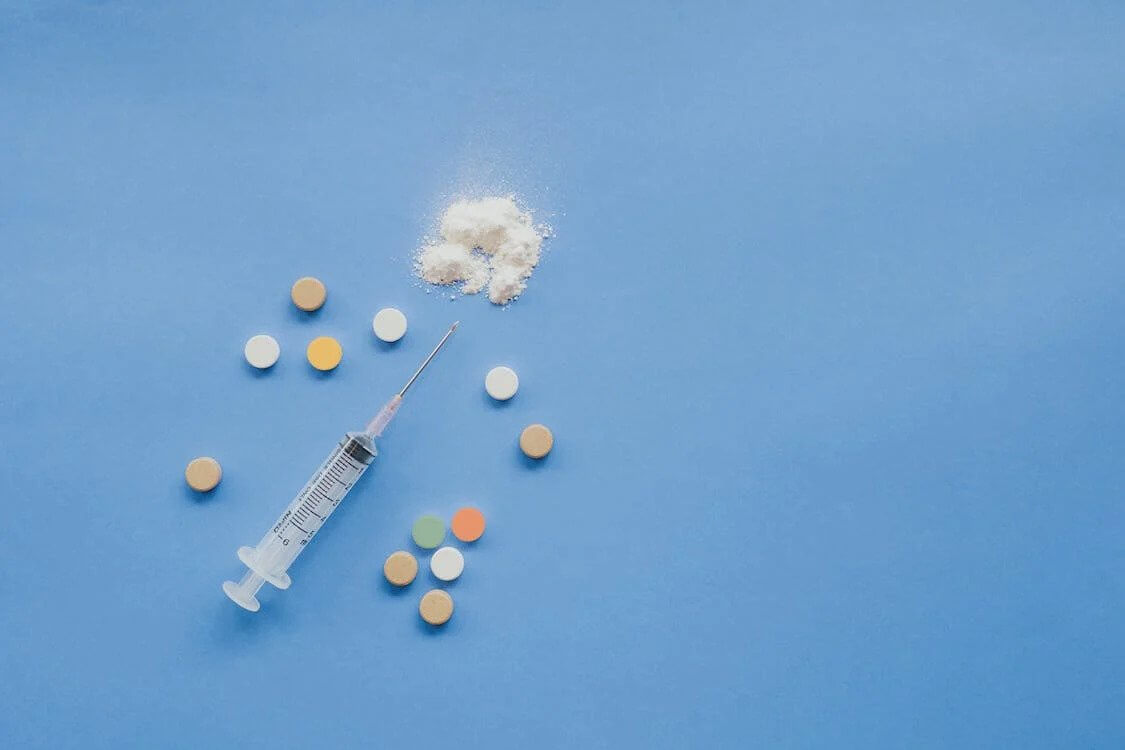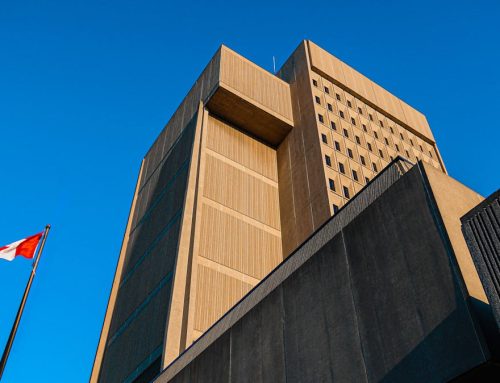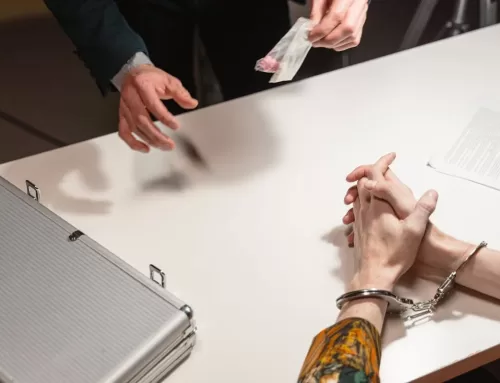Because illegal drugs can pose such a large threat to communities and public health across Canada, it comes as no surprise that the legal system doles out severe penalties for a variety of drug offences. However, not all drug charges carry the same potential consequences.
In this post, we will discuss some of the different drug charges that a person can face in Canada. Two common drug-related charges are drug trafficking and possession for the purpose of trafficking. Though these two charges may sound similar, there are actually some key differences between them.
In short, drug trafficking refers to a case where there is direct evidence of the drug being sold or transferred in some way. Possession for the Purpose of Trafficking is when there is evidence of drugs (often on a person, in a vehicle, or in a stash house) in a quantity that suggests that there was an intention to sell them, rather than just have them for personal use.
If you have been charged with a drug-related offense, it is important to understand the specific charge and what it could mean for your future. If you are facing any kind of drug charges, it is important to seek legal advice from a drug charge defense lawyer as soon as possible, as the potential consequences can be significant. An experienced criminal defense lawyer can help you navigate the criminal justice system and fight for the best possible outcome in your case.
The Controlled Drugs and Substances Act
In Canada, drug offences are governed by the Controlled Drugs and Substances Act. This Act sets out the various drug offences that can be prosecuted by the legal system, as well as the corresponding punishments.
Possession of a controlled substance is a criminal offence, as is trafficking, importing, and exporting. Production of a controlled substance is also an offence, as is possessing equipment or chemicals for the purpose of production. The punishment for these offences varies depending on the severity of the offence, the quantity of drugs involved, and the prior history of the accused.
For possession of a small quantity of certain drugs, the maximum punishment is a fine of $2,000 or a jail sentence up to one year. For trafficking, importing, or exporting, the maximum punishment is life imprisonment. As you can see, trafficking is clearly considered to be the more serious crime.
Drug Trafficking vs Possession for the Purpose of Trafficking

The potential consequences of drug charges in Canada vary depending on the type and severity of the charge. If someone is in possession of illegal substances for the purposes of selling or redistributing them, it can be considered either a summary offence or an indictable offence.
Whether an offence is summary or indictable is often at the discretion of Crown counsel. The difference between a summary offence and an indictable offence is therefore one of degree; summary offences are less serious than indictable offences and carry less severe penalties.
The more serious crime of drug trafficking can result in severe penalties, such as lengthy prison sentences and large fines. However, if you are found guilty of a lesser offence, such as drug possession, it can still lead to a criminal record, among other consequences, which can impact your ability to find employment or travel outside of the country.
Drug Possession With Intent
To obtain a conviction for possession for the purpose of trafficking, the Crown must prove several elements beyond a reasonable doubt.
First, they must show that the accused was in actual possession of the drug. Possession can be proved even if the drug was not found on the accused’s person; for example, if it was found in their car or home.
Second, the Crown must show that the accused knew they were in possession of the drug. This can be shown through circumstantial evidence, such as witness testimony or text messages.
Third, the Crown must show that the accused’s possession of the drug was not authorized. For example, if the drug was prescription medication that the accused did not have a prescription for.
Finally, the Crown must show that the accused possessed the drug for the purpose of trafficking it. This can be shown through evidence of drug packaging or large amounts of cash found in the accused’s possession. Often the Crown will rely on expert evidence to show that the quantities are incompatible with personal use. If the Crown can prove all of these elements beyond a reasonable doubt, then a possession for the purpose of trafficking conviction is possible.
Drug Trafficking
In order to obtain a drug trafficking conviction, the Crown must prove beyond a reasonable doubt that the accused knowingly trafficked a drug or controlled substance.
The drug or substance must also be listed in Schedule I, II, III, IV or V under the Controlled Drugs and Substances Act. To be convicted of drug trafficking, the Crown must prove that you were knowingly involved in some form of drug trafficking activity. This means that they must show that you knew the nature of the drug or substance and that you intended to sell or distribute it. Often this is done by an undercover police operation where an officer directly buys drugs but sometimes it can also be done with direct observations of a drug deal.
One of the important parts of a drug trafficking charge is that there doesn’t need to be evidence of profit or money changing hands. This means that even if you did not sell the drug, merely moving, delivering, distributing, sharing or giving the drug away for free could result in a drug trafficking charge. Even handing out drugs to friends at a music festival can potentially result in a very serious drug trafficking charge.












